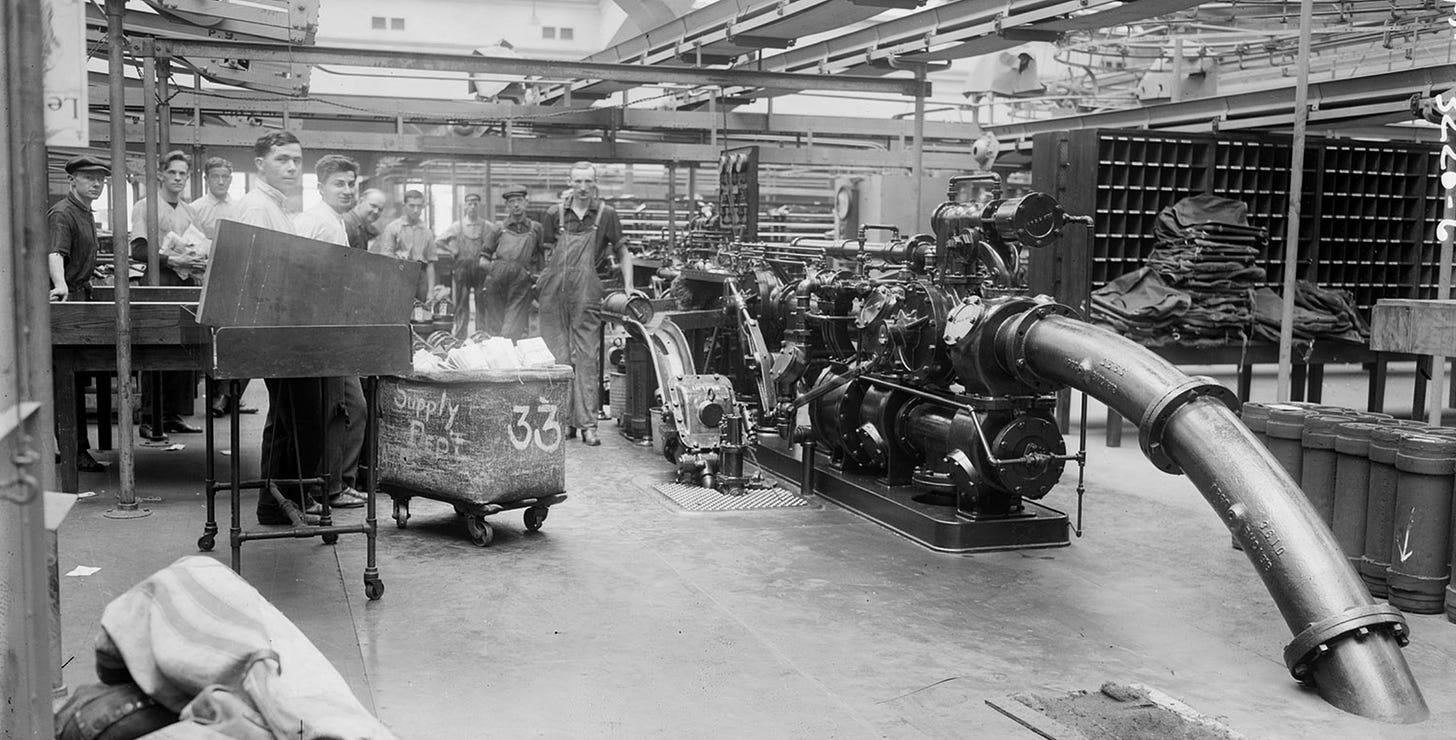Movie Extras, Pneumatic Mail, and Slush-Piles
Microsoft is doing decently well (revenue-wise) with its AI-powered Copilot offerings, but the cost of running generative AI systems is high, and no one seems to have cracked the code, quite yet, as to how they might make consistent profits from these tools.
That said, smaller models (that cost less to train and run, are beginning to arrive, and may make sense for specific use-cases.
Also: people are training AI “agents” to do things on their behalf, even when they’re not around.
Though thankfully some people are getting down to some actual, meaningful work with AI, like translating demonology books.
People are lonely, example 40-bazillion (in other words: if you’re feeling lonely, you’re not alone).
The not-so-glamorous life of a movie extra: “I could hardly believe it: I was being asked to act! I shifted my expression to reflect boredom and disgust, though my heart doing cartwheels in my chest felt the opposite. Once he got the shot, Burger waved the camera operator over to the next line. I had no idea if I had nailed it or not.”
Why do superheroes wear spandex? (Also: the Future Spandex trope.)
In 1897, a pneumatic tube system was installed in New York City for delivering the mail, and at its height about 95,000 canisters were delivered through it daily.
The girl picture problem: “Every teenager is a teenager pretending to be a teenager. They self-consciously posture, alternating between sets of coded poses formulated through images. Photography enables them to fix themselves in advance of entering the world, the same way Travis Bickle, in Taxi Driver (1976), rehearses in front of a mirror, transforming himself into a serial killer long before he ever kills anyone. Photography is a mirror and the teenager couldn’t exist without it. Paedophiles, advertisers, recruiters, social-media influencers, fashion magazines and family albums all traffic in images of children. So do a lot of art photographers.”
And a piece on the slush-pile (the pile where un-asked-for written work goes if you’re an editor, publisher, agent etc), how it amplifies existing inequalities, but also how it plays a role beyond that of gatekeeper (or maybe that of a useful sort of gatekeeper?) that helps us avoid an entirely different set of problems (though very imperfectly).




